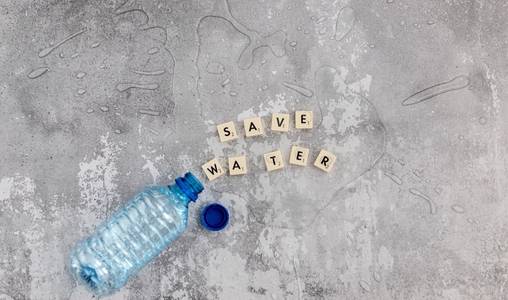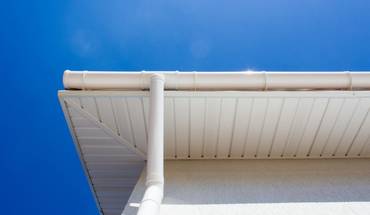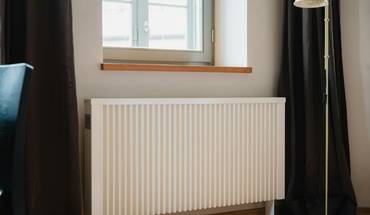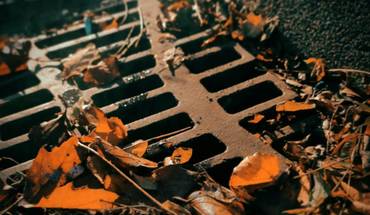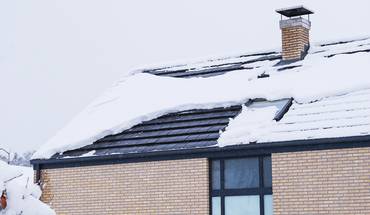Whether we’re drinking it, using it to wash ourselves or clean our belongings, water is a precious resource that is vital for our everyday lives. And with the average household using around 349 litres of water per day, it’s important to be mindful of our water usage.
You may have read a few months ago that water bills are rising - but don’t panic. Whilst everything is rapidly getting more expensive, the cost of water is not rising to any extremes. Though this might be a relief, you can still use this news as motivation to start reducing how much water you use.
Why is saving water so important? Well, you may remember the hosepipe ban that loomed over the record breaking 2022 heatwave and the subsequent drought. This could be a repeat occurrence in coming years, so it’s good to get into the water saving habit just in case.
In this blog, we’ll explore some practical tips and tricks on how to save water and potentially save money on bills too…
Should I Have A Water Meter Installed?
A water meter measures how much water you use, allowing you to monitor your consumption and adjust your usage accordingly. Most water companies in the UK offer free installation of a water meter, and it’s usually a simple process. You will only be charged for the amount of water you use, rather than a fixed rate, which could help identify any water-wasting habits and result in significant savings.
Around 50% to 60% of UK households have a water meter installed - but should you switch to one? Like most decisions of this kind, it depends. Whether a water meter or fixed rate is best for you is completely down to how your household uses water. It can even vary by the region you live in.
A water meter is not for everyone, as a bigger house with more people living in it will probably save more on a fixed rate. However, for those with a bigger home but less people (an older couple whose children have all moved out, for example) - a meter may help save money.
Address Leaks (Even Dripping Taps) Fast
Leaks can occur in various places such as faucets, toilets, and pipes. They are one of the most common causes of high water bills.
Dripping taps may seem like a minor issue, but they can waste a significant amount of water over time. Fixing dripping taps is a simple task that can be done yourself or by a plumber
It is important to check for leaks regularly and fix them as soon as possible. As well as saving money on your water bill, you could also be saving money on fixing bigger issues caused by water damage.
If you are not confident in fixing leaks yourself, we can arrange for a local plumber to help you identify and fix any leaks in your home.
Upgrade Your Appliances
As well as getting repairs, consider upgrading to more water-efficient appliances such as low-flow toilets and water efficient showerheads, as well as energy-efficient washing machines and dishwashers.
Use A Water-Efficient Showerhead
Taking a shower is one of the most water-intensive activities we do on a daily basis. But by installing a water-efficient showerhead, you can reduce the amount of water used during a shower by up to 50%.
Water-efficient showerheads are available in various styles and designs, so you can find one that suits your needs and budget.
Upgrade To A Water-Efficient Toilet
Toilets are another major source of water usage in the home. Older toilets can use up to 13 litres of water per flush, while newer, water-efficient models use as little as 4-6 litres every time they are flushed.
Upgrading to a water-efficient toilet could save a lot on your water bills. If you are not able to upgrade your toilet, you can also put a water displacement device in the tank, such as a water-filled bottle. This will take up space, meaning the tank will not have to refill with as much water and will reduce the amount of water used per flush.
Change Habits
Along with performing repairs and upgrades, you can also try changing certain behaviours and habits. Such as…
Using A Washing-Up Bowl
Washing dishes by hand can use up to 63 litres of water per session. To reduce water usage, use a washing-up bowl instead of letting the tap run.
Use a Dishwasher
Alternatively, dishwashers can use less water and energy than washing dishes by hand. Make sure to only run full loads to save even more.
Collect Rainwater
Collecting rainwater can be a great way to reduce bills and conserve water. Rainwater can be used to water plants, wash cars, and even flush toilets.
You can collect rainwater by installing a water butt, which can be attached to your guttering system. Water butts are available in various sizes and designs, so you can choose one that suits you.
Use A Hosepipe With A Trigger Nozzle
Watering plants and gardens can use up a lot of water. To reduce water usage, make sure that if you do use a hosepipe, you use one with a trigger nozzle, which allows you to control the flow of water. This can save up to 50% of the water used when watering plants and gardens.
Bathroom Habits
Showers can use a lot of water, so try to limit your shower time to no more than five minutes. Turning the tap off when brushing your teeth can also save a considerable amount.
Use A Pool Cover
If you have a swimming pool or hot tub, use a pool cover to reduce water evaporation and keep your pool clean. This can save a significant amount of water and reduce the need to top up regularly.
We’re Here to Help
Small changes can make a big difference, try out some of these tips and see if you notice an impact.
We are available 24/7, 365 days a year. If you need help with your plumbing, whether that be repairs, upgrades or emergencies, just give us a call on 0330 108 4111.

